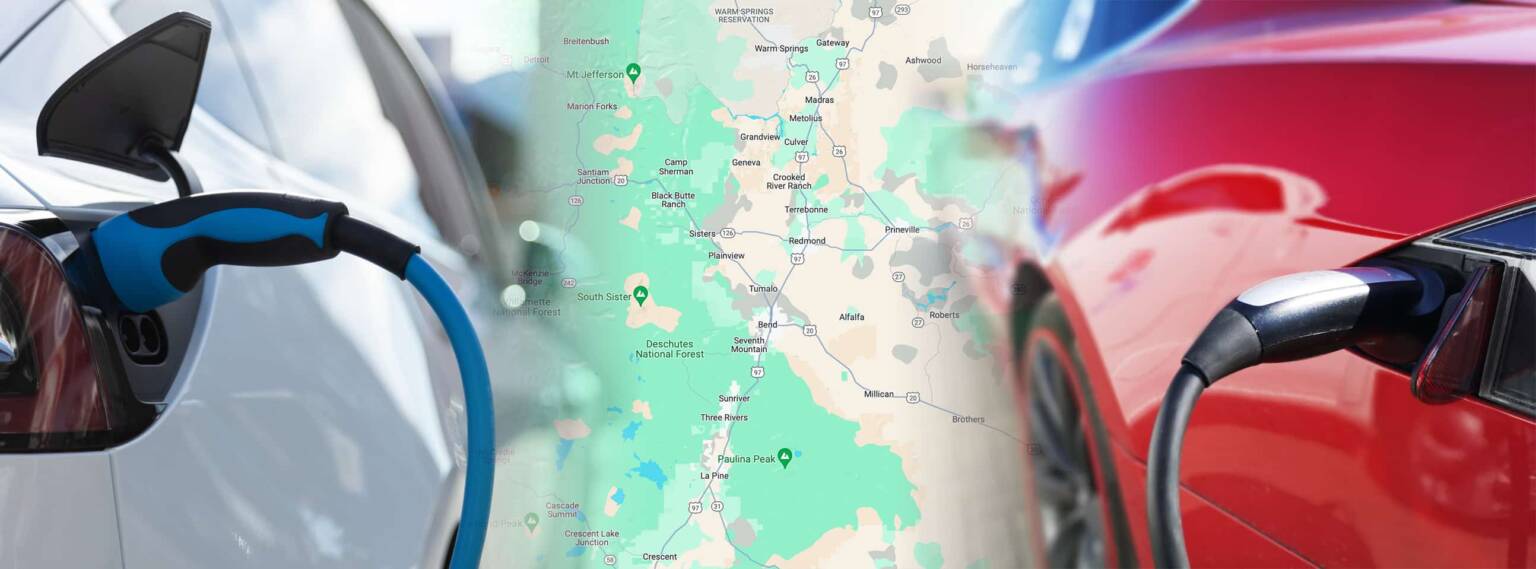REBECCA CARRILLO
The blast zone– also known as the evacuation zone- is an area surrounding the tracks of a fossil fuel-carrying train. The term refers to the region around a railway that would be affected by either a train spill, derailment, or explosion. It’s more than likely you have stepped within a blast zone. Most people have driven through one and some perhaps even live within one. These rails run through every state and according to the US Department of Transportation, over 140,000 miles of train tracks actively operate across the continent. While not all trains carry oil or coal, over 52% of running trains contain “agricultural and energy” related products; This includes fossil fuels.
Fossil fuel-carrying trains generate an endless list of issue. Moving through neighborhoods, small town hubs, and countless green spaces, the trains pull on average 60 freight cars. These trains have the capacity to cause an accident with 60 cars of explosive liquified natural gas, 60 cars of flammable crude oil, or 60 cars of crushed coal powder released into the environment. The risk factors almost always exceed the benefits. In 2020, over 8,500 train-related accidents occurred- resulting in 783 deaths. Fossil fuel carrying-trains give rise to more damage than a standard consumer goods freight. An article by Sightline Institute highlights one of the recent incidents to occur in Oregon. 11 train cars exploded and spilled oil near the Columbia River in 2016. Oregon especially endures a high risk from fossil fuel trains. Bend Oregon, with a population just under 100,000, has a large railway that runs straight through the city. 47% of their schools lie within the blast zone as do 50% of their parks.
The people of Bend are jeopardized by the ever-present trains in their city and nearly all of the pressure to alter their state of living stems from the people themselves. Community members have banded together to advocate for change and participate in organizations such as 350Deschutes. Their grassroots efforts have helped Bend’s Environment and Climate Committee put together a resolution that opposes the fossil fuel trains, which will soon be sent along to the Bend City Council. If passed, this resolution will make Bend become part of a larger movement across the northeast. Any potential solution to the problem must come from the federal government, and a collective push from city and state governments should stimulate awareness at the national level. Unfortunately, navigating the governmental process and jumping through administrative hoops takes time, money, and patience. Cities do not always have the resources or support to be successful. Because of this, environmental organizations such as 350Deschutes, emphasize the importance of community and individual involvement.
The obvious hazards of fossil fuel trains have not halted their operations or the industry at large. The issue, while plainly evident, remains highly political. Nearly all US trains operate within the private sector. Updating train regulations and attempting to mitigate their risk means challenging a ginormous slew of businesses. The United States freight rail network in total generates an $80 billion dollar industry. Moreover, the fossil fuel industry wields its own defensive arsenal. Nearly 80% of US energy production involves nonrenewables. And in terms of the job force, 1.1 million people work directly with the coal, oil, and gas industries as of 2017. At length, reshaping the way fossil fuels move across the US proves to be a strenuous task.
Ultimately, fossil fuel carrying-trains negatively affect the environment and the communities which it envelops. The rails that carry nonrenewables, also run on them. Nonrenewable sources release greenhouse gases, putting carbon dioxide and methane into the air when burned. The continuance of running fossil fuel carrying-trains perpetuates the demand of fossil fuels even further. However, the world is changing. Oil and natural gas reserves are expected to be depleted as early as 2060. Additionally, the share of U.S. total energy production from fossil fuels peaked in 1966 at 93%. Since then, companies have begun to invest in alternative sources of energy, giving rise to a potential new wave in the economy. People across the globe have begun to advocate for green renewable energy, energy that will benefit the environment and the economy. With a new face in the Oval Office, perhaps the United States has a better chance at making that demand happen. Eliminating the potential for a fossil fuel train disaster has to come from a higher authority, but it is the people, the affected communities, which push the hardest for change.
Sources:
Author: Eric de Place, on March 22, et al. “Railroaded by the Gas Industry.” Sightline Institute, 22 Mar. 2021, www.sightline.org/2021/03/22/railroaded-by-the-gas-industry/.
Liu, Xiang. Optimal strategies to improve railroad train safety and reduce hazardous materials transportation risk. Diss. University of Illinois at Urbana-Champaign, 2014.
Department, Published by Statista Research, and Mar 16. “Rail Accidents in the U.S. 2020.” Statista, 16 Mar. 2021, www.statista.com/statistics/204569/rail-accidents-in-the-us/.
Conca, James. “Which Is Safer For Transporting Crude Oil: Rail, Truck, Pipeline Or Boat?” Forbes, Forbes Magazine, 11 Oct. 2018, www.forbes.com/sites/jamesconca/2018/10/11/which-is-safer-for-transporting-crude-oil-rail-truck-pipeline-or-boat/?sh=33615a67b237.





